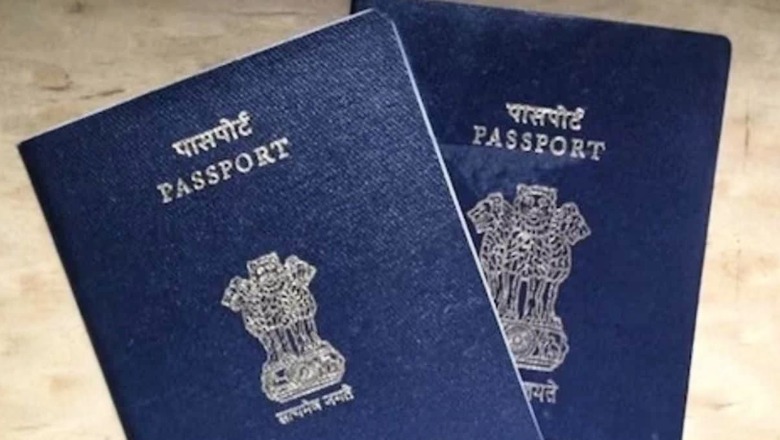
views
In a significant ruling, the Telangana High Court reaffirmed that the Passport Authority cannot refuse the renewal of a passport solely on the grounds of the pendency of a criminal appeal against the applicant.
Justice Surepalli Nanda while delivering the verdict emphasised that applicants facing such circumstances are entitled to passport renewal, dismissing the practice of rejection on these grounds.
The court noted, “Pendency of criminal case cannot be the ground to deny passport facilities to the petitioner since petitioner’s right to personal liberty not only includes petitioner’s right to travel abroad, but also petitioner’s right to possess or hold a passport.”
The case stemmed from a writ petition filed against the Regional Passport Officer’s decision to reject the passport renewal application of the petitioner due to ongoing criminal proceedings. The petitioner was instructed to obtain a ‘no objection certificate’ (NOC) from the magistrate to proceed with the renewal process.
Addressing the legal complexities surrounding the issuance of NOCs, Justice Nanda referenced a Gazette Notification issued by the central government in 1993. This notification mandated that the passports of individuals facing criminal charges could only be renewed upon securing an NOC from the magistrate. However, it specified that when the magistrate didn’t prescribe a duration, the passport could only be renewed for a year.
The court reviewed the 1993 Gazette Notification and interpreted it alongside Rule 12 of the Passport Rules 1980. Referring to relevant sections of the order dated April 04, 2022, the court noted the presence of the words “eligible period”, which according to the Passport Act implies a period of 10 years. Thus the court held that despite pending criminal cases, passport renewal shouldn’t be denied, and that passports should be renewed for ten years in accordance with Rule 12.
“All qualifying applicants are entitled to have passport renewed for at least ten years. The Regional Passport Office shall renew the passports of such qualifying applicants at least for ten years,” the court said.
Moreover, the court, in alignment with legal precedents and Supreme Court judgments of Maneka Gandhi v. Union of India, Vangala Kasturi Rangacharyulu v. Central Bureau of Investigation and Sumit Mehta v State of NCT of Delhi, emphasised that if the Magistrate grants the NOC without specifying a timeframe, passport authorities must renew the passport for a minimum of 10 years, as stipulated by the Passport Act and Rules.
The court further observed, “The law presumes an accused to be innocent till his guilt is proved. As a presumable innocent person, he is entitled to all the fundamental rights including the right to liberty guaranteed under Article 21 of the Constitution of India.”
The court also considered the applicability of Section 6(2)(e) of the Passport Act and ruled that the said provision would be applicable only in the cases of issuance of a fresh passport and not in cases of renewal of a passport.
Consequently, the court held that “right to travel abroad cannot be deprived except by just, fair and reasonable procedure” and directed the petitioner to submit an application to the trial court, on the undertaking not to leave the country during the pendency of the case and without prior court permission. Additionally, the court mandated the submission of a certified copy of this undertaking and the renewed passport upon its issuance to the trial court.
With the court’s decision, the petitioner was granted permission for international travel.




















Comments
0 comment